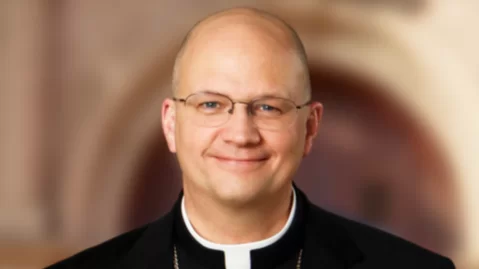
Bishop Edward J. Weisenburger | Diocese of Tucson website
A new annual report by the U.S. bishops' conference has identified five key threats to religious liberty in the United States. The report, titled "State of Religious Liberty in the United States," highlights potential challenges stemming from federal regulations and cultural trends. Published by the U.S. Conference of Catholic Bishops on January 16, the 48-page report aims to inform and engage the faithful in the protection and promotion of religious liberty.
The report identifies five areas of concern. Firstly, it mentions attacks on houses of worship, particularly in the aftermath of the Israel-Hamas conflict. The report also raises concerns about a federal regulation known as Section 1557, which could potentially require doctors to perform gender transition procedures and abortions. Threats to religious charities serving migrants and refugees are also highlighted, as the issue of immigration gains prominence in the election. The suppression of religious speech on marriage and sexual difference is another area of concern, along with the Equal Employment Opportunity Commission's Pregnant Workers Fairness Act regulations, which could compel religious employers to be complicit in abortion.
In addition to these areas, the report acknowledges the challenge posed by some state bills that make clergy mandatory reporters for abuse, overlooking the sacred seal of the confessional. Breaking this confidentiality is considered a grave offense by Catholic priests and results in automatic excommunication from the Church. The report also points out the growing partisanship within the church, emphasizing the need to turn away from it and prioritize the Gospel.
Bishop Kevin C. Rhoades of Fort Wayne-South Bend, Indiana, chair of the USCCB's Committee for Religious Liberty, explained that the purpose of the annual report is to educate and motivate people to safeguard religious liberty. Bishop Rhoades highlighted the ongoing issue of threats to houses of worship, emphasizing the importance of protecting the physical safety of worshippers.
Dan Balserak, the USCCB's religious liberty director and assistant general counsel, noted that the committee's work has historically focused on legal problems. However, he expressed concern about the current need to ensure the physical health and safety of people in places of worship, which is disturbing.
Bishop Rhoades and Balserak also drew attention to the divisive nature of the migration issue and its impact on the church's service to migrants and refugees. They emphasized the church's mission to serve the poor and the needy and stressed the importance of providing basic needs such as food, shelter, and clothing. Balserak lamented that religious charities have been unjustly scapegoated and called for comprehensive immigration reform.
The report also warns against erroneous claims about the church's service to migrants, as they could hinder partnerships with the federal government on migrant services and other projects. Both Bishop Rhoades and Balserak emphasized the global significance of religious liberty, stating that its erosion would not only harm the United States but also affect others around the world.
To respond to the threats identified in the report, Balserak suggested a "ground-up approach" where individuals actively engage in activities that promote and protect religious liberty. Volunteering at shelters for immigrants or pregnancy resource centers were cited as examples of practical ways to counter these threats.
The annual report on religious liberty aims to raise awareness and inspire action within the Catholic community. It underscores the importance of safeguarding religious freedom and encourages individuals to actively participate in promoting and protecting this fundamental right.
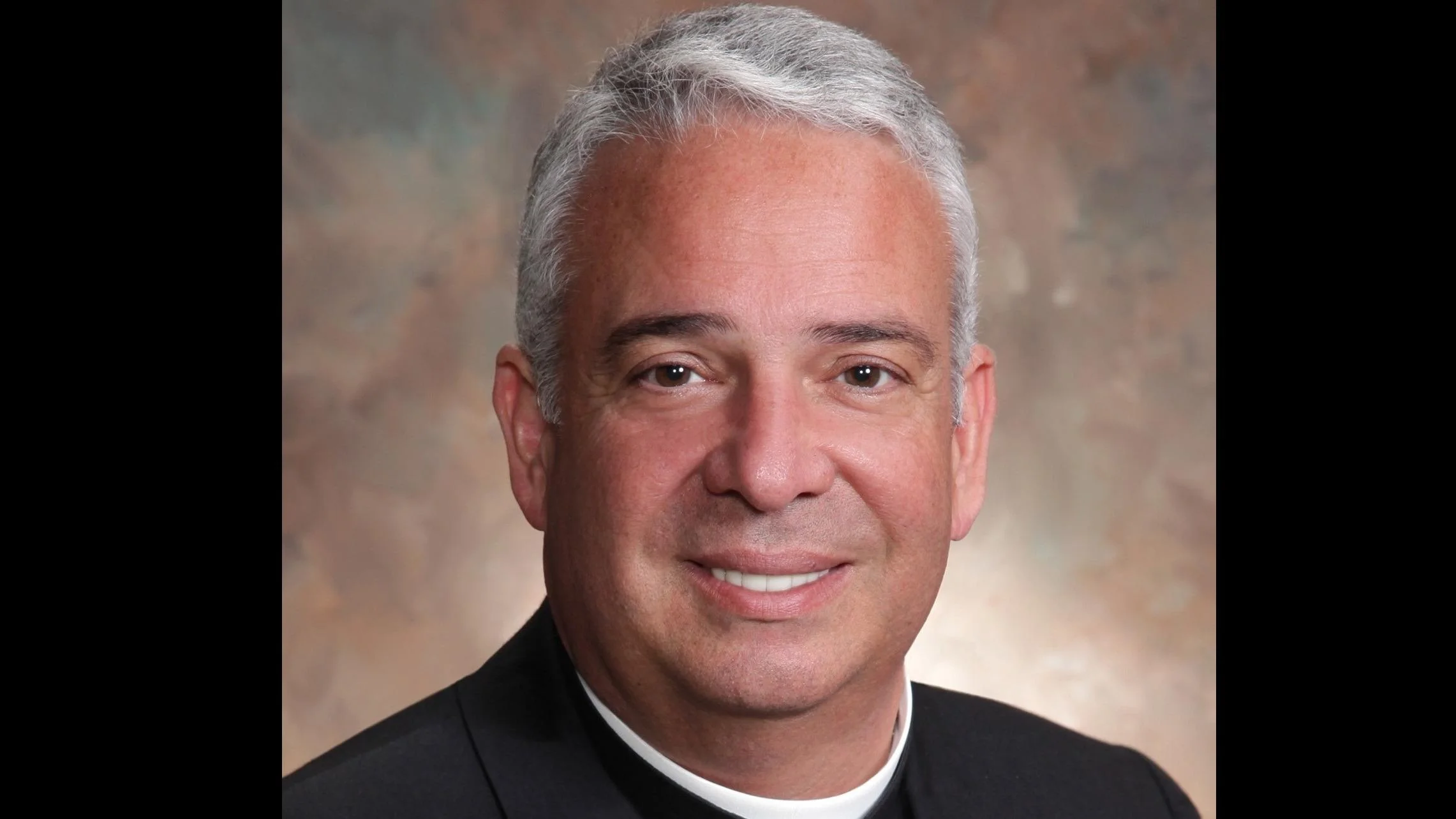
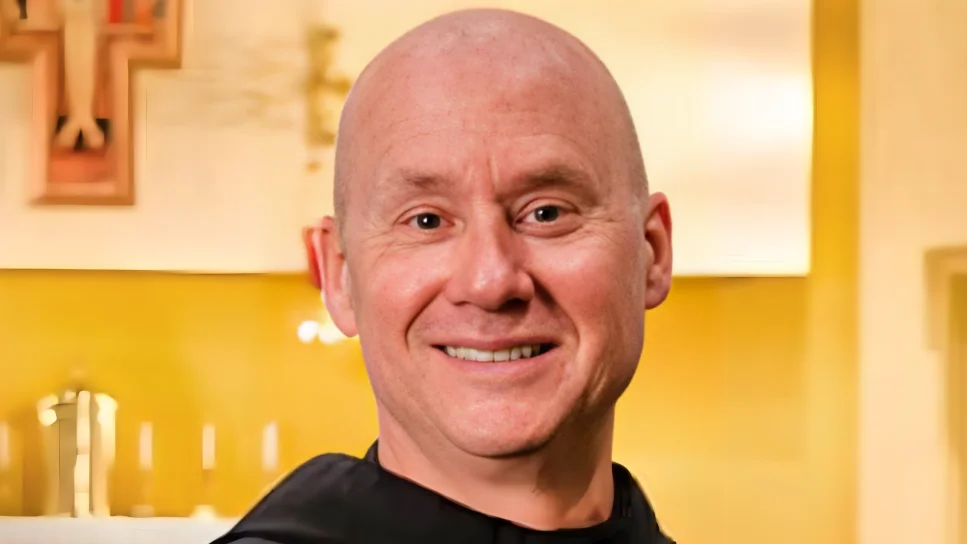

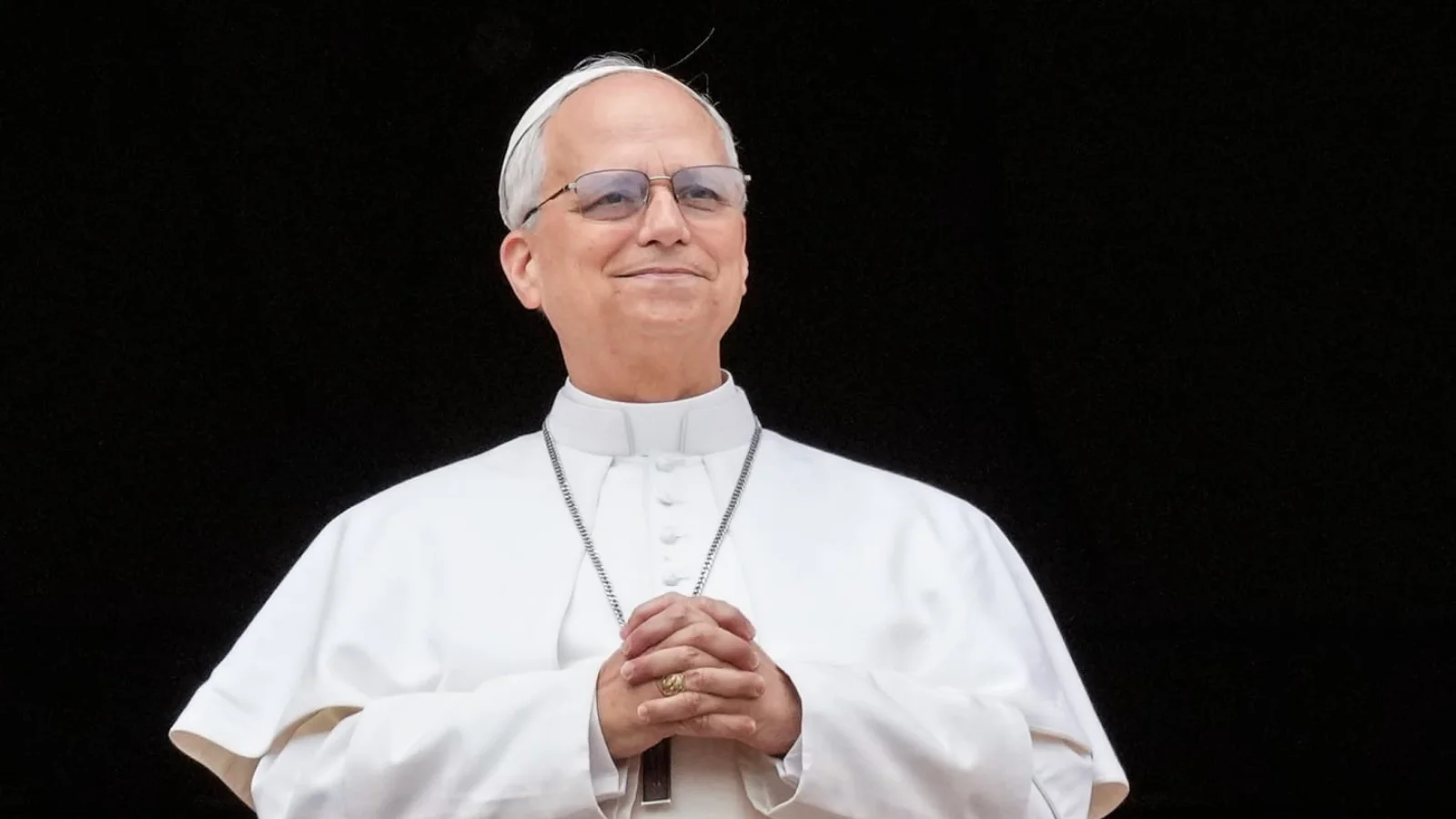
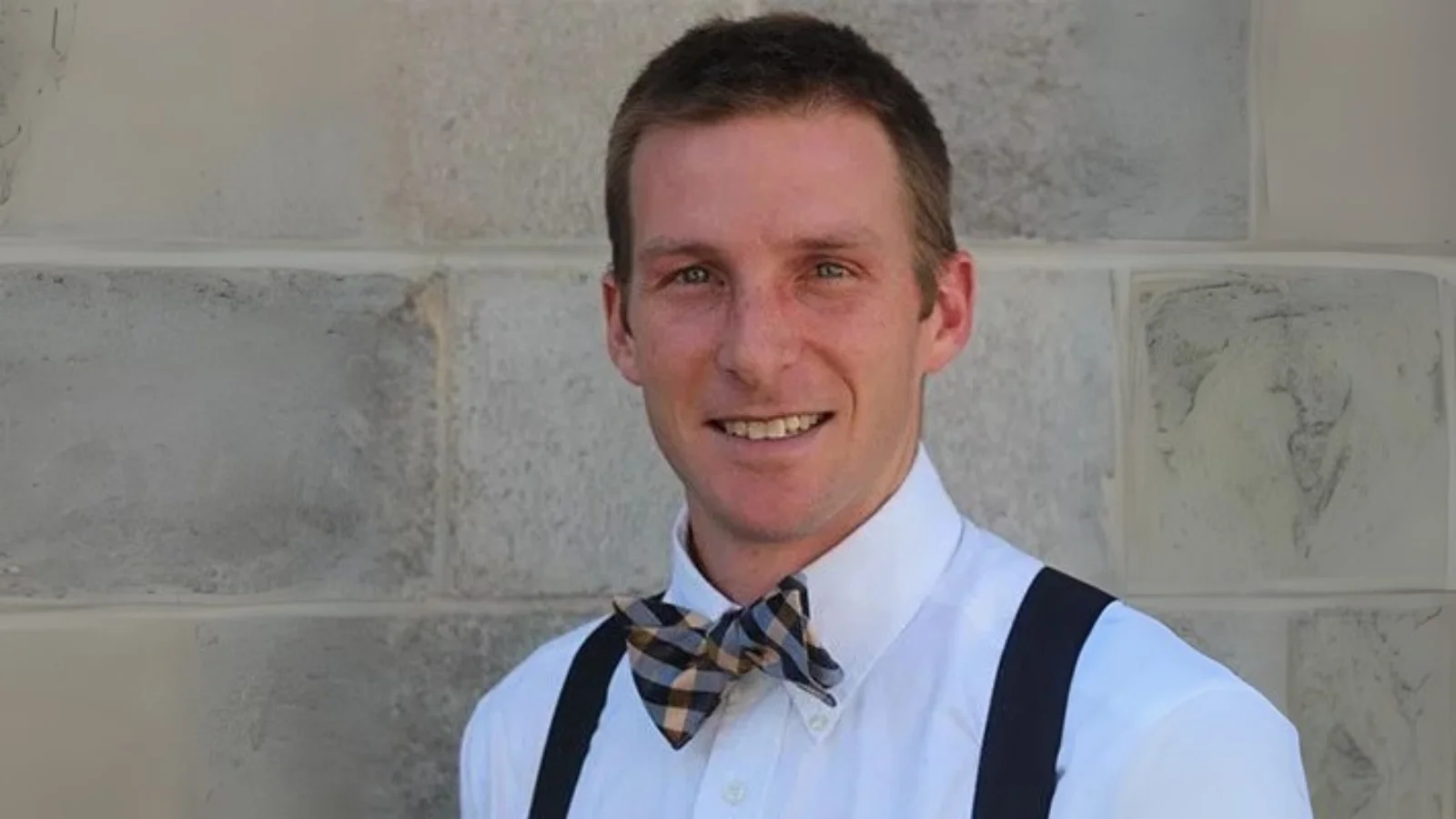
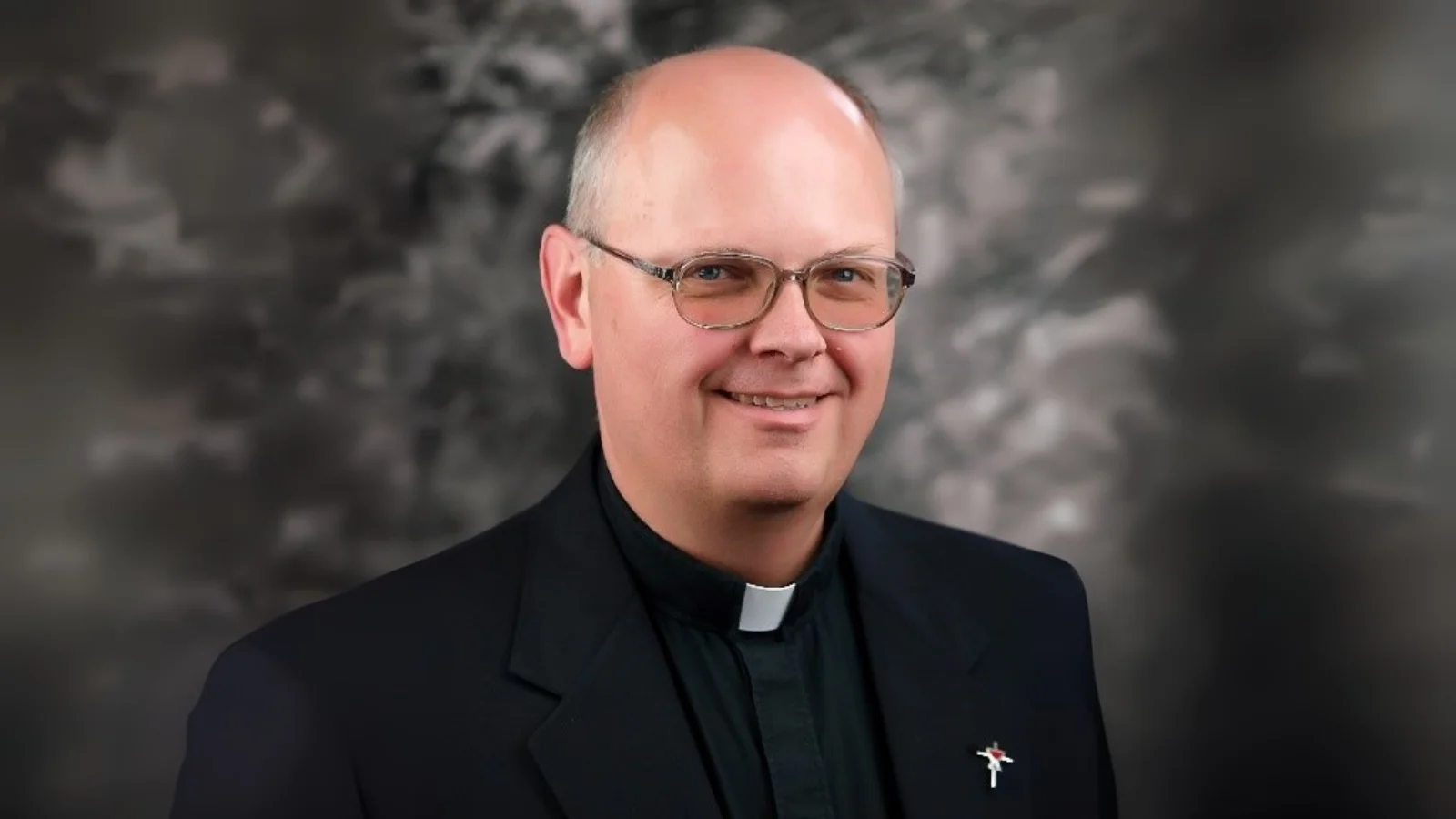
 Alerts Sign-up
Alerts Sign-up